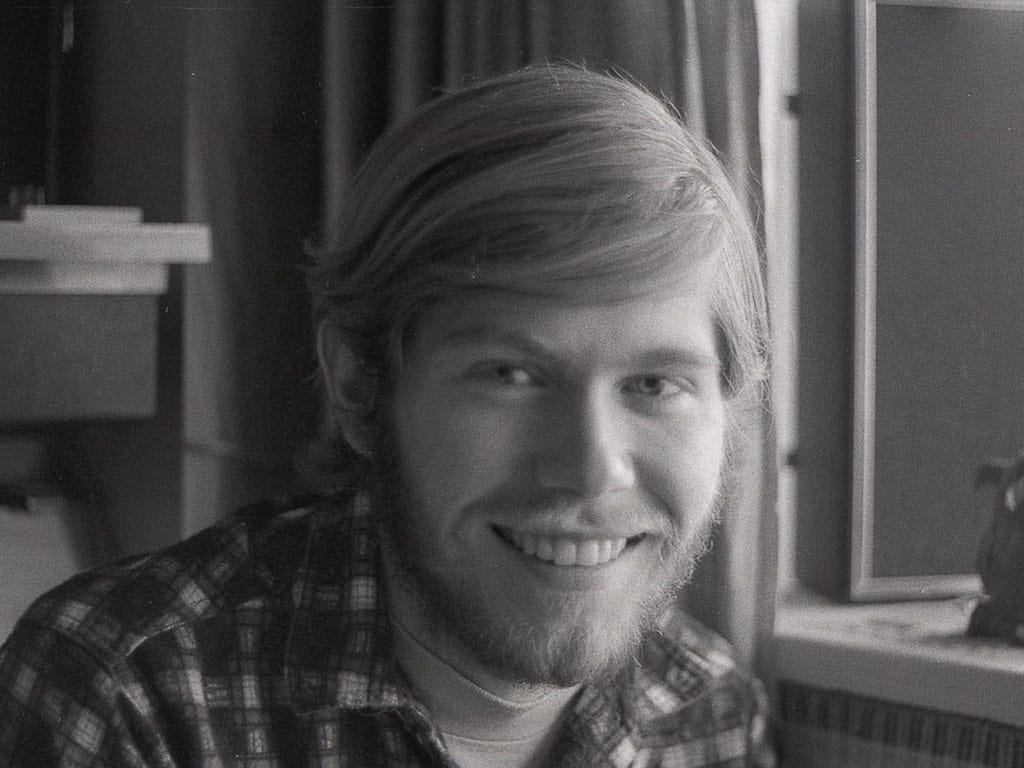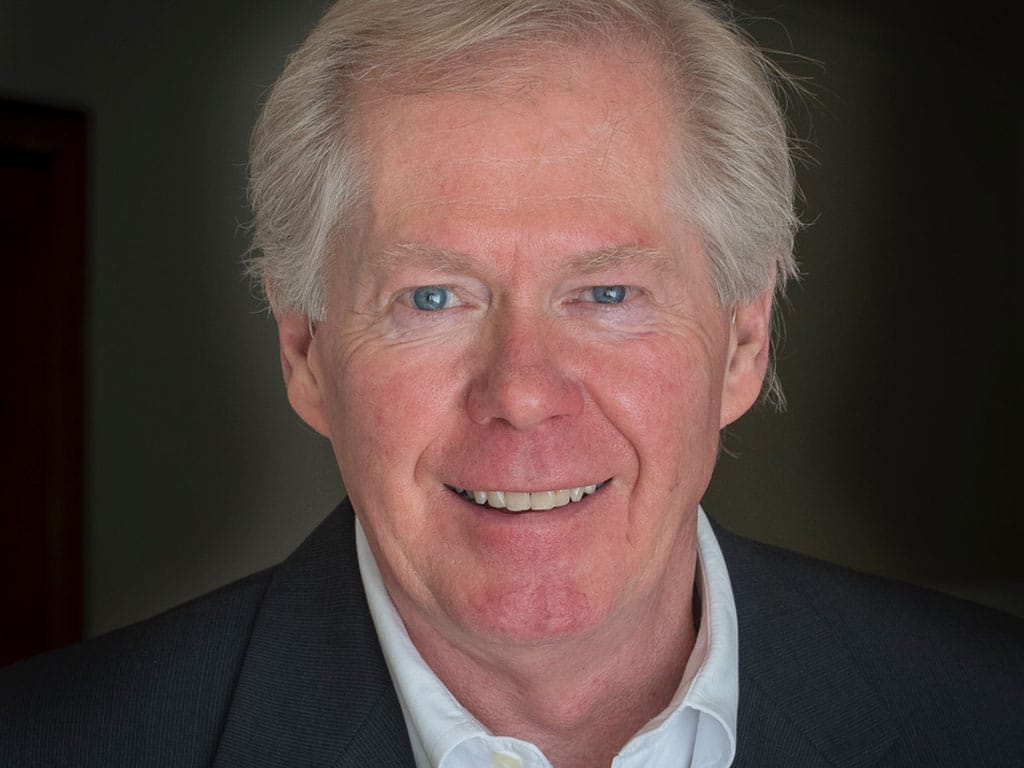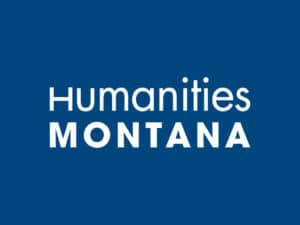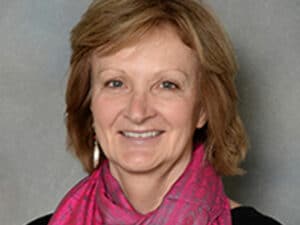Golden Anniversary Letter, March
As Humanities Montana celebrates our 50th anniversary, we are honored to hear from previous board members and friends from across the state. This month, William Marcus reflects on what 50 years of the humanities in Montana has meant to him and to the state. William Marcus’s career in Montana public media included positions as production and development director and on-air host for MTPR. Later he served as director of the Broadcast Media Center at the University of Montana and station manager of MTPR and KUFM-TV (MontanaPBS). He was the host of “Backroads of Montana” on MontanaPBS from 1991 to 2021. William served as a Humanities Montana board member from 2008–2013 and as chair in 2011 and 2012.

William Marcus as an aspiring humanist

William Marcus today
First of all, my congratulations to Humanities Montana on 50 years of making Montana a better place to live. Like NPR, born a year earlier, everyone who signed on to the Montana Committee for the Humanities idea in 1972 was young, enthusiastic, and future-tensed. Looking at the HM staff today, they still are.
In 1972, I returned to UM from Wibaux for my sophomore year and enrolled in the year-long Intensive Humanities Program: 12 credits each quarter, consisting of reading and discussion and journal writing under the guidance of Henry Bugbee, John Lawry, and Tom Huff. We read all the important philosophers/thinkers and met in the basement of Corbin Hall to reflect on their works. I even grew a beard, hoping it would deepen my thinking—alas, I wasn’t all that good at it. While I was not out of my depth, I found the best reward was in listening to others illuminate the writings with their own insights. I learned how connections are drawn among us to make progress as a civilization. How through understanding care, and mercy, and grace, and justice, we find a path to our role in society.
I spent a career in public media—at UM—helping develop a service that drew from the best instincts I learned from the humanities: connection, empathy, acceptance, and intellectual rigor. This time, I had the opportunity to enable others—deep thinkers, talented writers, dedicated and trustworthy journalists, musicians and music historians, imaginative and insightful media producers, and mission-driven technical and electronics engineers—to develop radio and television programming that reflected community needs. We worked hard to tell Montana stories, to be honest, professional, and worthy of the support of our listeners and viewers. Our mission was to connect them, help them understand each other, and provide an electronic campfire where they could gather to find common ground.
In 2007, I was honored with the Governor’s Humanities Award, and the next year I joined the Humanities Montana board, my application encouraged by Rafael Chacón and Michael Murphy. Here was another chance to foster a match between the natural beauty and resourcefulness of Montana and the rich fields and resources of humanities disciplines: history, literature, religion, art history, philosophy, languages, cultural studies, and media literacy. Growing up in a small town in eastern Montana, I knew there was an audience for the kinds of discussion and stimulation that Humanities Montana could bring into the life of isolated communities. I knew the gatherings were peopled by retired teachers, librarians, and book club and Ladies Aid Society members. But perhaps there would be a young person who was curious to hear others share insights, to deepen their understanding of the paths they could walk to make their community stronger, more resilient, and more connected to a broader world. That’s the promise of, and the challenge for, Humanities Montana. We all are invested in its mission and dedicated to its success. Again, congratulations on the first 50 years.
Sincerely,
William Marcus, Missoula
Humanities Montana board member 2008–2012



